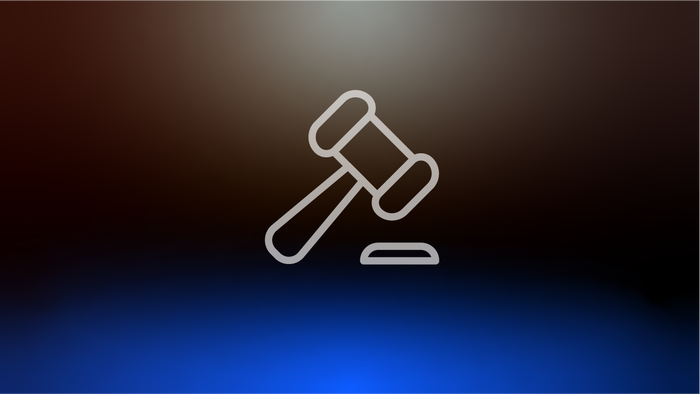FCC inspector general says 'dozens' of ISPs claimed fraudulent ACP funds
Meanwhile, data shows the program is still only reaching 36.5% of eligible households and could run out of funds by March 2025.

A new report released by the FCC Office of Inspector General (OIG) states that roughly a dozen broadband providers have claimed funds through the Affordable Connectivity Program (ACP) based on fraudulent enrollments.
The scheme which allowed for multiple enrollments based on the same qualifying individual – referred to as a Benefit Qualifying Person (BQP) – has allowed providers to collect "tens (and sometimes hundreds) of thousands of dollars in ACP reimbursements," says the report.
Figure 1: 
While the report does not call out specific providers, it notes that schemes were carried out in Alabama, Ohio, Oklahoma and Texas. The most "egregious" example occurred in Oklahoma, it says, where "more than one thousand Oklahoma households were enrolled based on the eligibility of a single BQP, a 4-year old child who receives Medicaid benefits."
As a result, three providers "claimed more than $365,000 in program reimbursements in connection with the 1000+ enrollments based on the 4-year old BQP."
That's a red flag, as "no more than $750 should have been disbursed to any provider for providing ACP subsidized equipment and broadband service to a single non-tribal household ($1,225 for a tribal household) since the program began in May 2021," states the report.
The OIG notes that it released these findings for the FCC as well as to notify providers and remind them of their responsibility to vet enrollees.
"As the Commission has repeated time and again, providers are responsible for implementing policies and procedures for ensuring that a household is eligible under Program rules."
Following the release of the report, the Wireline Competition Bureau published a public notice outlining new steps it's implementing to "limit opportunities for waste, fraud, and abuse" with the ACP. As per the notice, the Universal Service Administrative Company (USAC) is improving the measures it uses to verify BQPs as well as instituting processes to hold payments and de-enroll households that used the same BQP.
Dwindling funds
Meanwhile, as some providers get away with collecting fraudulent funds, the $14.2 billion program is still only reaching less than half of those who are actually eligible to receive the benefit.
According to an ACP dashboard from the Institute for Local Self-Reliance (ILSR) and Community Networks, just 13 million qualifying households in the US are enrolled out of an eligible 37 million, or 36.5% of the population. That includes 40% of eligible Oklahomans, where the FCC report cites its most egregious example of ACP fraud.
The FCC has recently adopted new measures to boost program awareness and enrollment. But for the program to reach its full potential, it's going to need more funding and fast.
As ILSR's database shows, at its current rate of slow growth, the ACP is set to run out of funding by March 2025. Meanwhile, boosting the enrollment rate to just 50% will see funds run out by August 2024. That's somewhat problematic for an affordability program created in 2021 that was meant to replace its predecessor, the Emergency Broadband Benefit (EBB), as a more permanent solution.
While ISPs and consumer groups alike have cheered the need for a truly permanent ACP, it is unclear if or when Congress will address the need for more funding for the program. Certainly – much like the long-forgotten confirmation of a fifth FCC commissioner – it is unlikely to occur before November's midterm elections.
Related posts:
— Nicole Ferraro, editor, Light Reading, and host of "The Divide" podcast.
Read more about:
ACPAbout the Author(s)
You May Also Like




_International_Software_Products.jpeg?width=300&auto=webp&quality=80&disable=upscale)







